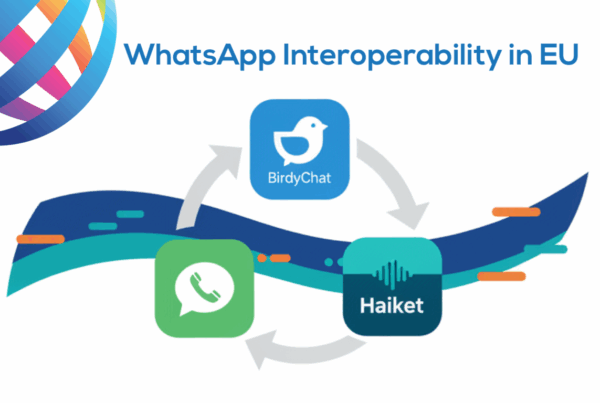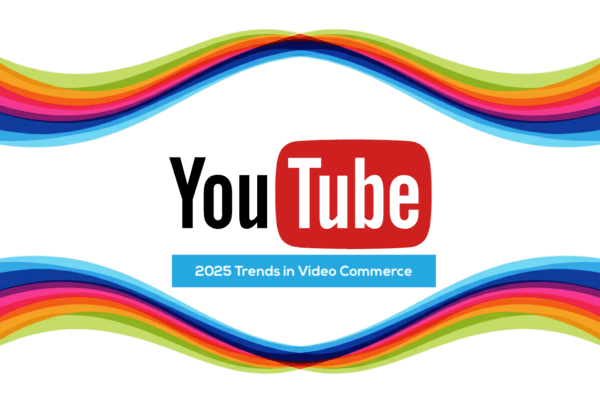In a landmark moment for the mobile gaming industry, Tripledot Studios recently made a bold move to solidify its position among the world’s top-tier game publishers with the $800 million acquisition of AppLovin’s mobile games portfolio. MEF CEO Dario Betti breaks down the strategic implications of the deal; from the reshaping of Tripledot’s global footprint to the broader industry trends in AI, monetization, and consolidation that are redefining what it takes to succeed in today’s mobile ecosystem.

In a transformative move that cements its place among the world’s largest independent mobile game studios, Tripledot Studios has announced its acquisition of AppLovin’s mobile games studio portfolio for approximately $800 million. This transaction reshapes Tripledot’s operational footprint but it also reflects the wider trends within the global mobile gaming ecosystem: economies of scale, differentiation of revenues sources, and the impact of AI.
The deal—structured as half cash and half equity—will see AppLovin become a minority shareholder in Tripledot, with the remainder funded through Tripledot’s cash reserves and newly secured debt. Subject to closing, the acquisition will result in Tripledot operating 12 studios across 23 cities, employing over 2,500 staff and reaching 25 million daily active users globally. Annual gross revenues are projected to approach $2 billion, elevating Tripledot into the upper tier of global mobile game publishers.
For MEF members and stakeholders across the mobile value chain, this is also a moment to consider how convergence, scale, and AI integration will drive new standards in mobile entertainment, user engagement, and cross-border expansion. ”
From Fast Growth to Industry Dominance
Founded in 2017, London-based Tripledot Studios has grown rapidly through a blend of data-driven game design, monetization via in-game advertising, and a diverse portfolio of popular titles including Woodoku and Solitaire.com.
This latest acquisition marks a strategic inflection point, as Tripledot not only expands in scale but strengthens its global presence, particularly in North America and Asia—two of the most competitive and lucrative markets for mobile gaming.
With the addition of 10 studios from AppLovin’s portfolio—featuring high-performing titles such as Matchington Mansion and Game of War—Tripledot significantly enhances its IP library and talent base. These newly acquired assets will allow Tripledot to further diversify its product offering, improve operational synergies, and reduce reliance on single-title performance—a common risk in the hit-driven mobile gaming world.
Strategic Shift from AppLovin
For AppLovin, the sale signals a strategic pivot back toward its core competency in mobile advertising and AI-driven ad targeting. While owning games studios once served as a testbed for AppLovin’s machine learning models and monetization engines, the company is now doubling down on its software business.
This transition comes amid broader industry scrutiny. After a strong run on Wall Street in 2023, AppLovin has faced recent turbulence, including short-seller allegations over the robustness of its ad tech platform. While the company denies any wrongdoing, the divestiture of its gaming assets allows it to focus on rebuilding investor confidence and scaling its ad network without the capital and operational demands of content production.
Consolidation and Maturity in the Mobile Gaming Market
Tripledot’s move underscores a larger trend of consolidation and strategic acquisition in the mobile gaming sector. With global mobile game downloads declining by 6% in 2023 (according to Sensor Tower), and user acquisition costs rising across the board, established players are increasingly opting to buy scale rather than build it organically.
Recent deals—such as Scopely’s $3.5B acquisition of Niantic’s gaming assets, and CVC’s major investment in Dream Games—suggest that private capital is still eager to back well-run, data-competent gaming firms that can deliver predictable returns. In this context, Tripledot’s acquisition is not just a growth story—it’s a survival strategy tailored to the current economics of the app stores.
What This Means for the Broader Mobile Ecosystem
For the wider mobile ecosystem, the deal offers several key takeaways:
- Content and distribution remain inseparable. Tripledot’s scaled reach and first-party insights give it more leverage in a competitive ad and discovery landscape, especially as third-party data access tightens globally.
- Ad tech and content are decoupling. With AppLovin exiting the studio business, we see a growing delineation between platforms that enable monetization (like Unity, IronSource, and AppLovin) and those that focus on consumer engagement.
- Global reach demands local strategy. Tripledot’s expansion into Asia reflects the growing importance of regional expertise. In markets like Japan, Korea, and Southeast Asia, content localization and community management are as critical as performance marketing.
- AI is no longer optional. Tripledot has stated its intent to use AI to increase developer productivity and optimize monetization—echoing a broader shift where machine learning is becoming foundational to both content creation and operations in mobile gaming.
MEF Perspective: Platform Maturity and Innovation in Tandem
This acquisition is a milestone not only for Tripledot but for the mobile gaming industry as a whole. It demonstrates that as the market matures, scale, operational efficiency, and monetization diversification will increasingly define success. With 25 million daily active users and a strong pipeline of games, Tripledot is positioning itself as a strong player—capable of influencing app store rankings, ad market dynamics, and even shaping the next wave of mobile gaming innovation.
For MEF members and stakeholders across the mobile value chain, this is also a moment to consider how convergence, scale, and AI integration will drive new standards in mobile entertainment, user engagement, and cross-border expansion.
In a market that has shifted from hyper-growth in the pandemic years to strategic consolidation, Tripledot’s $800 million acquisition of AppLovin’s gaming portfolio signals a new era—where being big is not enough, but being smart, global, and adaptive is everything. As both content and infrastructure evolve, so too will the opportunities across mobile media, marketing, and monetization.





